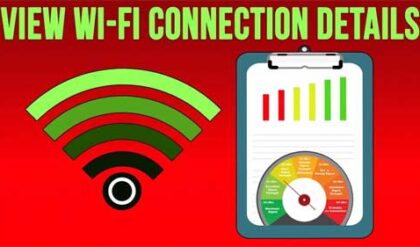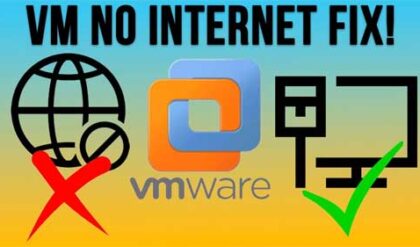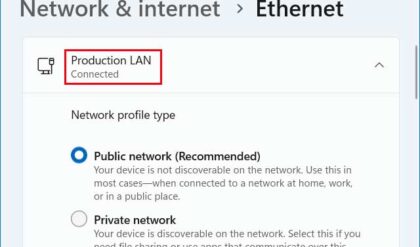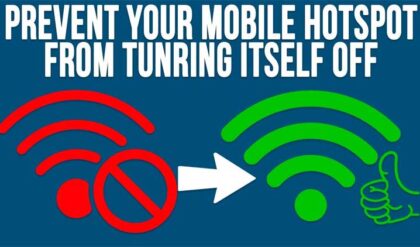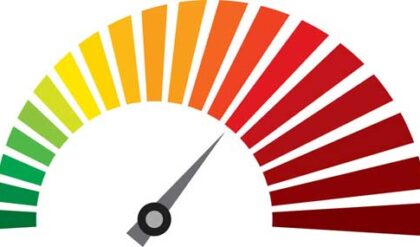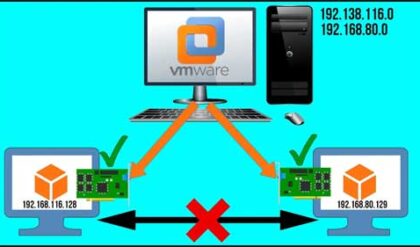You are aware of the significance of your IP address. Why do we stress this point so much? Someone accessing your IP address might cause serious problems, such as flooding your inbox with spam or even assaulting your machine. Here, we’ll discover what is my IP address and explore all the potential exploits that might be based on it. More than that, we’ll provide helpful suggestions for safeguarding this sensitive data.
What is my IP address?
If you’re wondering, “What is my IP address?” you can find the answer right here: IP (Internet Protocol) addresses are labels given to each computer or electronic gadget connected to a network. IP addresses are assigned to devices so they can locate and communicate with one another. IP addresses are required for devices to communicate with one another over the internet. To put it another way, IP addresses can be considered virtual versions of physical street addresses.
A router connects multiple devices to a single Internet connection in the typical home (or a combination of routers). That’s because, in this case, every one of these gadgets shares the same external IP address.
The IP address of a device that accesses the internet via a wireless carrier (like a smartphone) will be different from that of a device that accesses the internet via a home router (and through an internet service provider). IP numbers also have a secondary use in geographical addressing. Put differently, this function allows your device to pinpoint its general geographic location (also known as geolocation).
Where do IP addresses come from?
IPv4 was created in the 1980s when the internet was still a closed military network. You might be impressed when you hear that IPv4 has a potential address pool of 4.3 billion. Unfortunately, IPv4 addresses are completely exhausted due to the proliferation of internet-connected computers, smartphones, tablets, and IoT devices. We started running low in the 1990s. Some very ingenious technical tricks in the networking department have kept things going. IPv6 was created roughly ten years ago by the Internet Engineering Task Force (IETF), responsible for designing internet infrastructure technologies. Given that it can generate addresses at a rate of 340 undecillion per second (340 followed by 36 zeroes), we should (in principle) never run out of addresses to use. Although IPv6 is gradually replacing IPv4, both protocols can currently coexist.
What can someone do with my IP address?
Information about you reveals via your IP address. For instance, the approximate location you’re in and the kind of devices you use to access the internet. It’s also possible for your Internet service provider or mobile phone Company to track the sites you visit by using your public IP address.
Businesses and people can do the following when they have your IP address.
- They can find your general area. Location information such as nation, city, and even postal code can be easily found through IP lookup. This would entail revealing your true identity and other private details to the general public.
- Can take the site offline entirely by launching a DDoS assault. Sending overwhelming volume requests to your server’s IP address can eventually cause it to fail. Your online access will be interrupted during this time.
- If someone gets your IP address, they might find out more about you and share that information online. This can be harmful, so it’s important to keep your personal details safe.
- IP-based ads that are specifically tailored to the user. Companies now can only show their online advertisements to customers at a specific IP address.
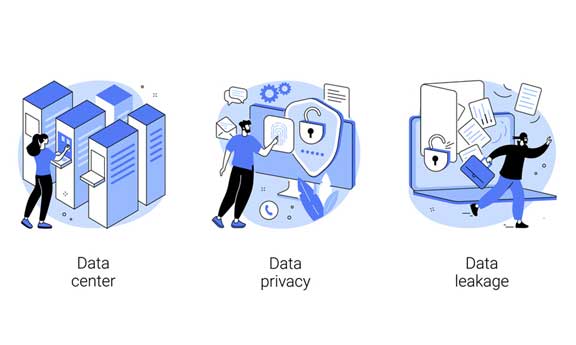
How to Protect Your Internet Protocol Address
To keep your IP address safe, you can do a few things:
Get a Virtual Private Network (VPN)
A VPN is like a digital superhero for your data. It wraps your information in a layer of encryption as it zips through the internet and then steers it through a different server, handing you a shiny new IP address. The best part? The most reliable VPNs will provide you with a new, untraceable IP address.
Make the switch to mobile data
Unlike traditional Internet traffic, mobile data is not associated with a specific IP address. Assuming you have the data to spare, switching to mobile data will ensure you don’t have to worry about IP address leaks.
Proxy Servers
Ever thought about using a proxy server to cloak your IP? It’s an option, but many lean toward VPNs or anonymous web browsers for extra security. Here’s the scoop:
A proxy server acts as a go-between for the website server and your device. It hides your IP, but here’s the catch-it lacks encryption, making it less secure compared to VPNs or anonymous browsing.
Now, about those free proxies. They might be slow, unreliable, and carry potential privacy risks. Our advice? Go for a paid proxy. They’re faster, more reliable, and won’t break the bank, typically costing $2 to $4 per month. It’s a pocket-friendly alternative to VPNs that still gets the job done.
Final Words:
Safeguarding your IP address is vital for digital privacy. Understanding the risks, such as targeted attacks and identity compromise, underscores the need for proactive measures. Utilize strong passwords, employ a VPN for encryption, and consider mobile data to mitigate IP address leaks. Regular communication with your internet service provider, exploring options like dynamic IP addresses, adds an extra layer of defense. In a connected world, prioritizing online security is essential. Stay informed, stay vigilant, and take steps to protect your digital presence responsibly.

